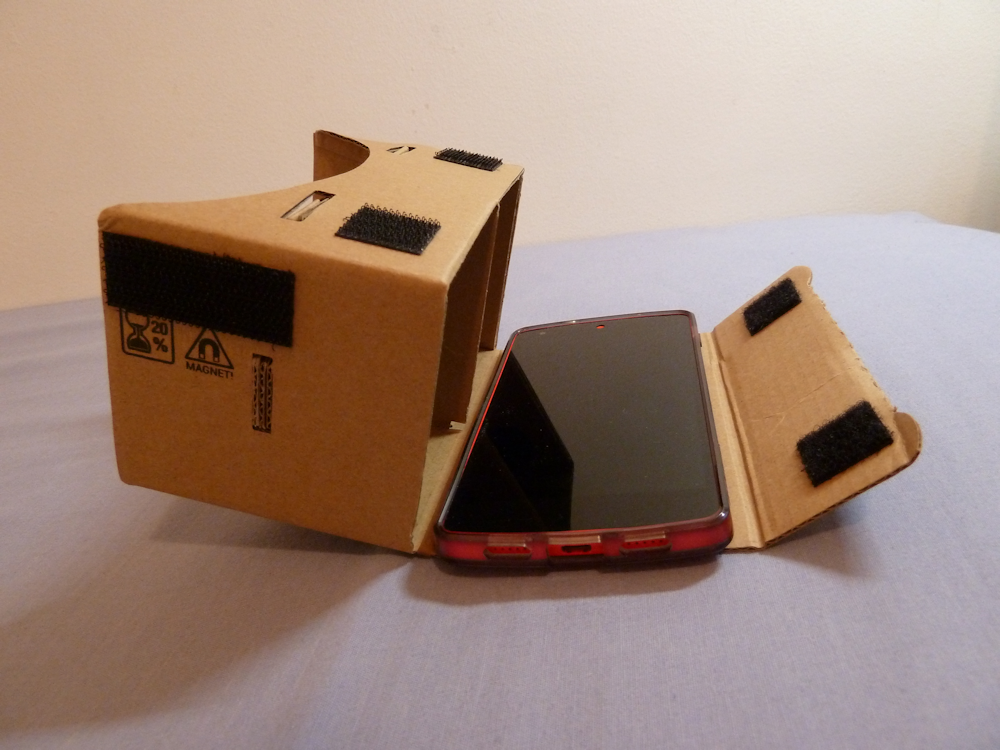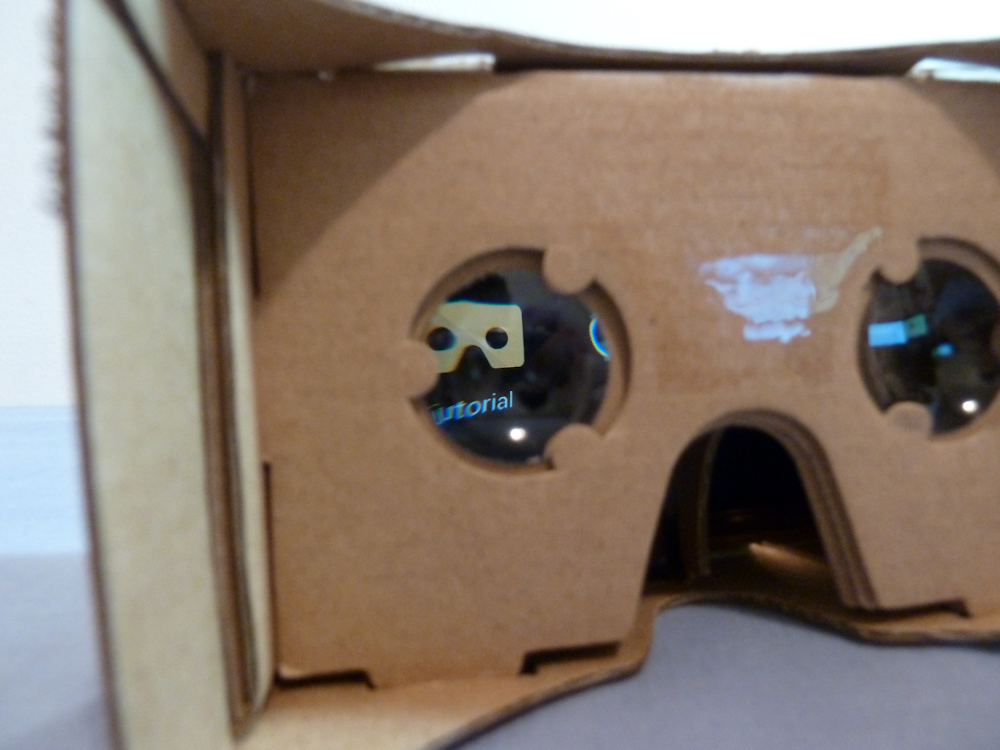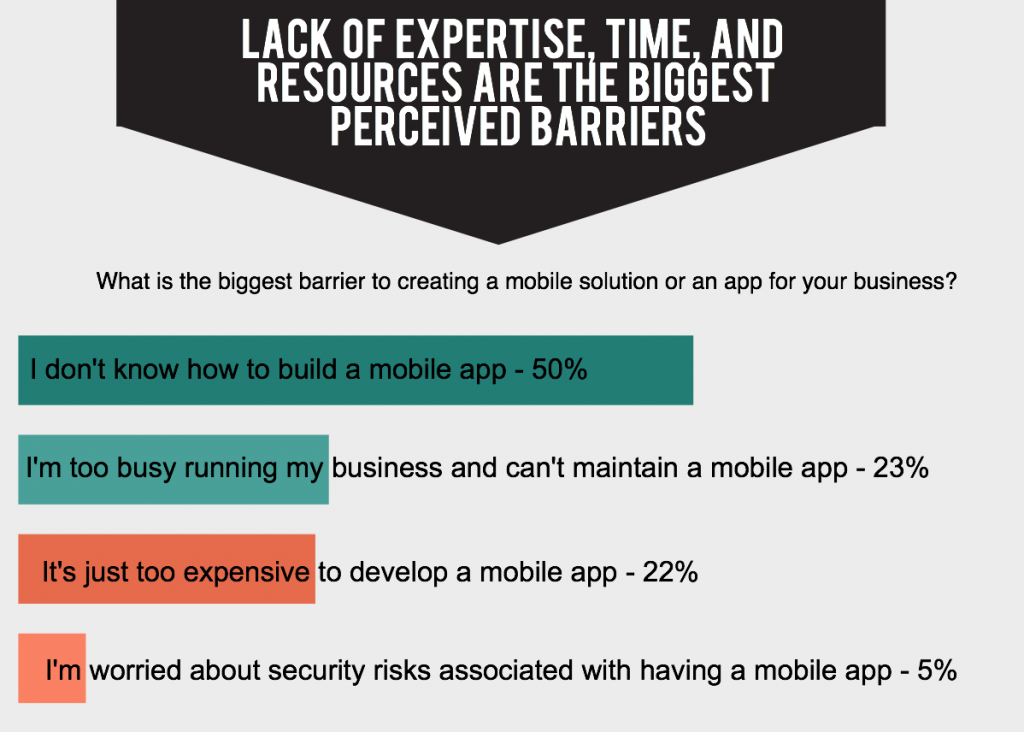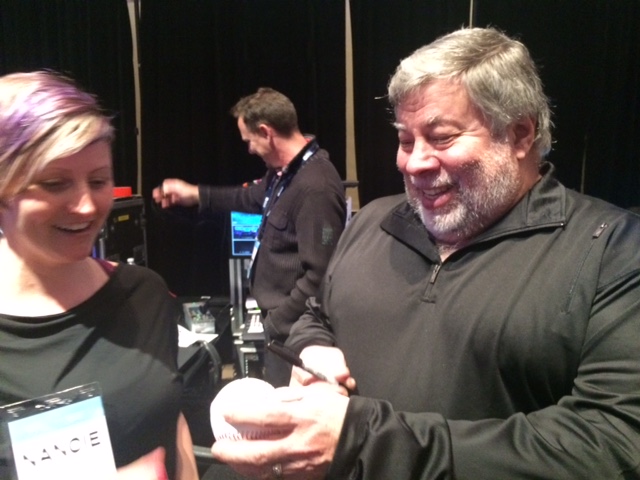Demystifying Enterprise App Development
Enterprise apps are specialized software designed to address the complex needs of large organizations. These applications are built to be robust, scalable, and secure, aligning with key business strategies and processes.
Enterprise app development is not just a buzzword; it’s a strategic approach to technology that can significantly impact your business’s long-term growth and efficiency. As leaders in the corporate world, understanding the nuances of this process is crucial for driving your company forward.
Why It Matters for Your Business
An effective enterprise app can transform your business operations, providing a platform for enhanced efficiency, deeper insights, and stronger customer engagement. It’s a tool that aligns with and accelerates your business objectives.
Aligning App Development with Business Goals
Central to the development process is ensuring that the app aligns with your strategic business goals. Whether it’s improving internal communication, streamlining operations, or enhancing customer interactions, the app should be a direct contributor to your strategic objectives.
Key Considerations in Development
- Scalability: Essential for handling growth in user numbers and data volume without losing performance.
- Security and Compliance: Paramount in protecting sensitive data and adhering to industry and legal standards.
- Integration: The app must integrate seamlessly with your existing technology, including your marketing stack, to ensure cohesive operations across departments.
Incorporating the Marketing Stack
A critical aspect often overlooked in enterprise app development is the integration with the marketing stack. Your app should work in tandem with tools like CRM systems, analytics platforms, and digital marketing software to provide a comprehensive view of your customer interactions and enable targeted marketing strategies.
The Development Process
- User-Centric Design: An intuitive user experience is key to high adoption rates and effective utilization.
- Agile Methodology: Allows for flexibility, faster response to market changes, and continuous improvement.
- Technology Choices: Selecting the right technology stack is crucial for current needs and future growth.
- Data-Driven Insights: Harnessing data for actionable business intelligence is a fundamental value of enterprise apps.
Measuring Success
The success of an enterprise app should be measured by its integration into business processes, its impact on efficiency, and its contribution to the bottom line. Metrics like user adoption rates, operational improvements, and ROI are key indicators.
Future Trends and Growth
Emerging technologies such as AI, machine learning, and IoT will play a pivotal role in the evolution of enterprise apps. These technologies offer opportunities for predictive analytics, automation, and smarter decision-making, which are essential for sustained growth and competitive advantage.
The Role of Leadership in Enterprise App Development
As executives, your involvement is critical in shaping the vision and strategy for app development. This includes ensuring the app aligns with business goals, facilitating collaboration between IT and other departments, particularly marketing, and effectively managing resources.
Long-Term Growth and Enterprise Apps
For long-term growth, an enterprise app must not only address current business needs but also be adaptable to future market trends and changes in consumer behavior. This adaptability ensures that your business remains agile and competitive in a rapidly evolving digital landscape.
The Strategic Importance of Marketing in App Development
Integrating your app with the marketing stack is not just about data collection; it’s about leveraging that data to create personalized customer experiences, optimize marketing campaigns, and drive sales. A well-integrated app provides invaluable insights into customer behavior, preferences, and trends, enabling more strategic marketing decisions.
Building a Roadmap for Success
Developing a clear roadmap for your enterprise app is vital. This involves:
- Identifying Key Objectives: Clearly define what you want to achieve with your app.
- Aligning with Business Processes: Ensure the app enhances, not hinders, your existing processes.
- Engaging Stakeholders: Get buy-in from all relevant departments, especially those directly impacted by the app.
- Continuous Feedback and Improvement: Regularly gather user feedback and make necessary adjustments.
Final Thoughts
In conclusion, enterprise app development is a strategic endeavor that extends beyond the realm of IT. It involves leveraging technology to meet business challenges, drive growth, and maintain a competitive edge. For C-level executives, understanding and effectively guiding this process is key to harnessing the full potential of enterprise apps in achieving long-term business success.
As we look forward, the integration of enterprise apps with emerging technologies and marketing strategies will be crucial. It’s about creating a dynamic ecosystem where technology not only supports but also propels your business objectives. Your leadership in this domain can set the stage for transformation and innovation, driving your organization towards sustained growth and success.
















